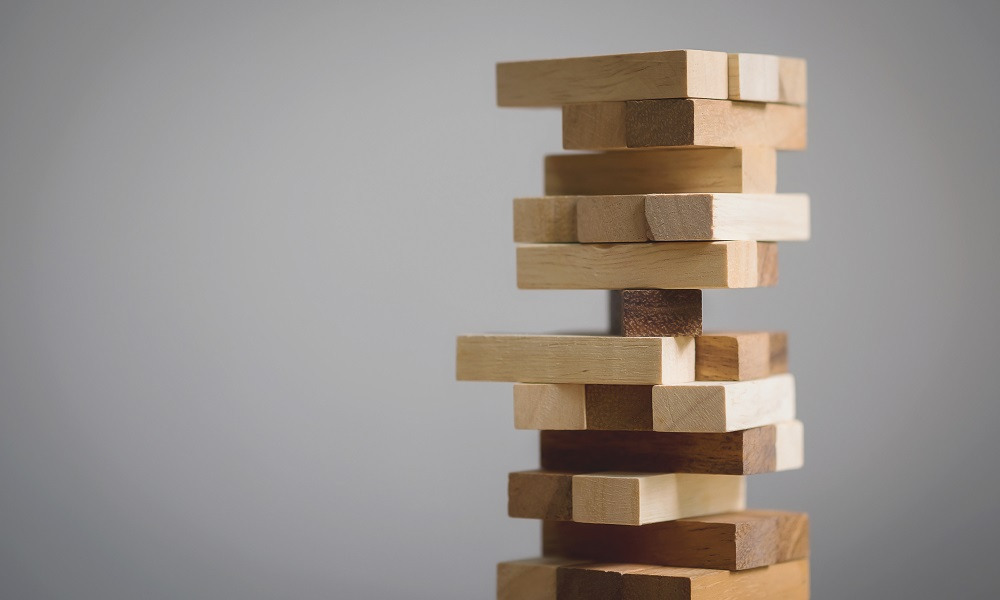Spending nearly four weeks in Uganda over the January 2018 school holidays was no relaxing break for Victoria McLure, but rather an enriching professional development experience.
The English, ESL and Humanities teacher at Dandenong High School in Victoria signed up for a fellowship in Uganda with the Limited Resource Teacher Training (LRTT) program and has since also taken a second trip as a Team Leader.
LRTT organises for teachers to undertake professional learning trips in January, June, July or August for up to four weeks. In January, teachers can travel to Nepal, Malaysia, Laos, Cambodia or Uganda to undertake and administer professional development programs in collaboration with teachers in the region.
‘Essentially the aim there is to upskill teaching communities around the world,' McLure tells Teacher. ‘Professional development is often offered to those countries where development is greater. So we're hoping to share that professional development … with teachers who won't otherwise get that experience.'
Increasing leading capacity
Since the trip, McLure has taken on a Leading Teacher role at her school and credits landing this position – just seven years into her career – to her experience in Uganda.
Before signing up for the fellowship, McLure identified that she needed to work on her ability to conduct difficult conversations. ‘Certainly for me, personally … I find it really difficult to have difficult conversations, or conversations with staff where I might need to direct them to an area they might not be comfortable with,' she says.
During the LRTT program, she explains, there was simply no time to be worried about the consequences of a difficult conversation, and being in an unfamiliar environment helped to take away the awkwardness. By building on this skill while undertaking her fellowship, McLure says she was able to return to her own teaching context and improve her capacity as a Leading Teacher.
‘It's incredibly valuable to gain a new perspective on the different ways and methods of teaching as well. You go into a new context … and you learn so much from the in-country teachers. It's such a two-way exchange of skills, experience [and] knowledge.'
Adapting strategies for the classroom
While McLure was participating in the program and working with Ugandan teachers, she says she encountered one Ugandan teacher who shared strategies she was using in her primary school English class. Even though McLure is a secondary teacher, she was still able to adapt these strategies in her own school setting.
‘There were some incredible reading and functional literacy strategies that [the teacher] was using that are very much embedded into our [Australian] English curriculum,' she explains. ‘One of the core things that she does is she uses text to teach English, but her focus is on the function of the language and grammar, rather than on the texts themselves. So it's not as literature-based as we tend to go in Australia.'
This approach was particularly useful to McLure and her school context, where approximately 80 per cent of students are from a language background other than English. ‘We often forget that some of them don't even have primary school education in Australian context,' she explains.
As well as seeking knowledge from a primary school teacher, McLure was able to pick up an effective classroom strategy from a music teacher she met while on the trip.
‘One of the best things that I learnt was the thumbs up, thumbs down approach … if you've got two minutes before you want to leave the classroom, this music teacher, all he does is he gets kids to close their eyes and put their heads on the desk, fists in the air and they give a thumbs up, thumbs down or thumb in the middle depending on how they want to answer the question. So, “good”, “bad”, “kind of” – when you ask a question like “how well do you understand this?” or “how much did you enjoy this?” You get a quick survey of the class right then and there.
‘Being in a new environment, a new context, and also contributing to a global action of teachers can really help you realign your thinking and remind you just how amazing the role of a teacher is and the impact you have,' she says.
Victoria McLure says speaking to teachers with different backgrounds in education has improved her practice. How do you seek knowledge from fellow educators? Have you considered collaborating with educators from different school settings?



